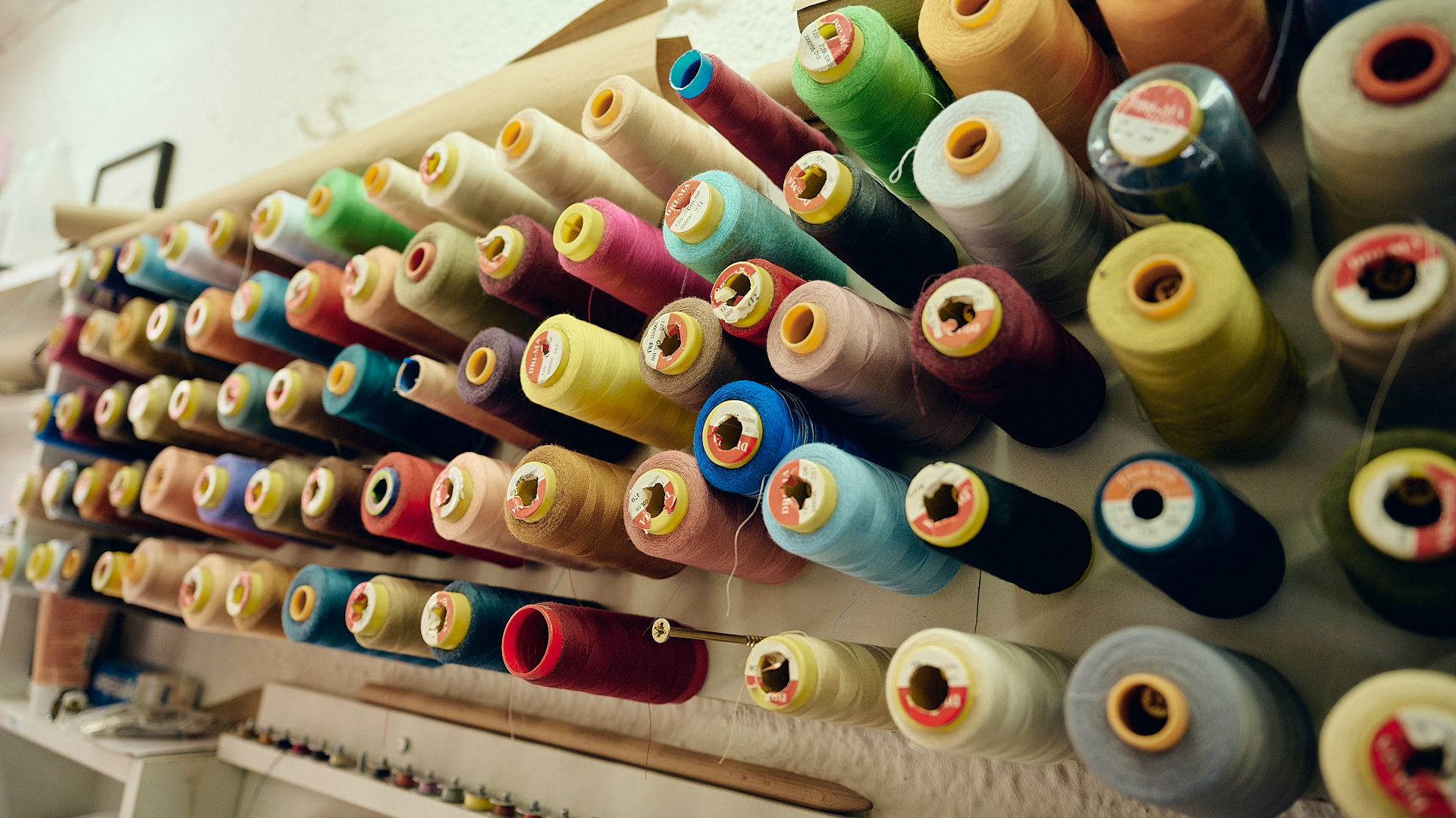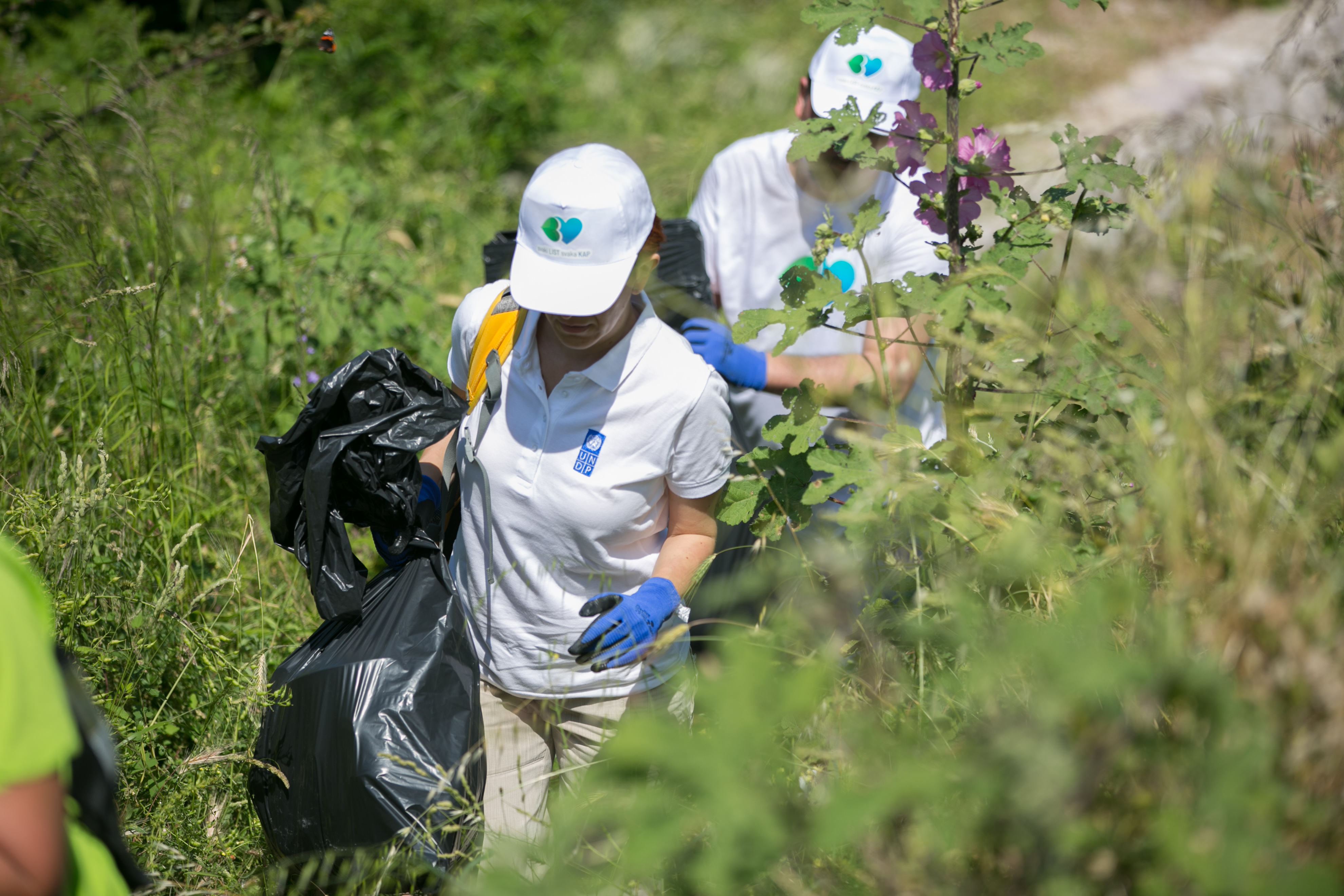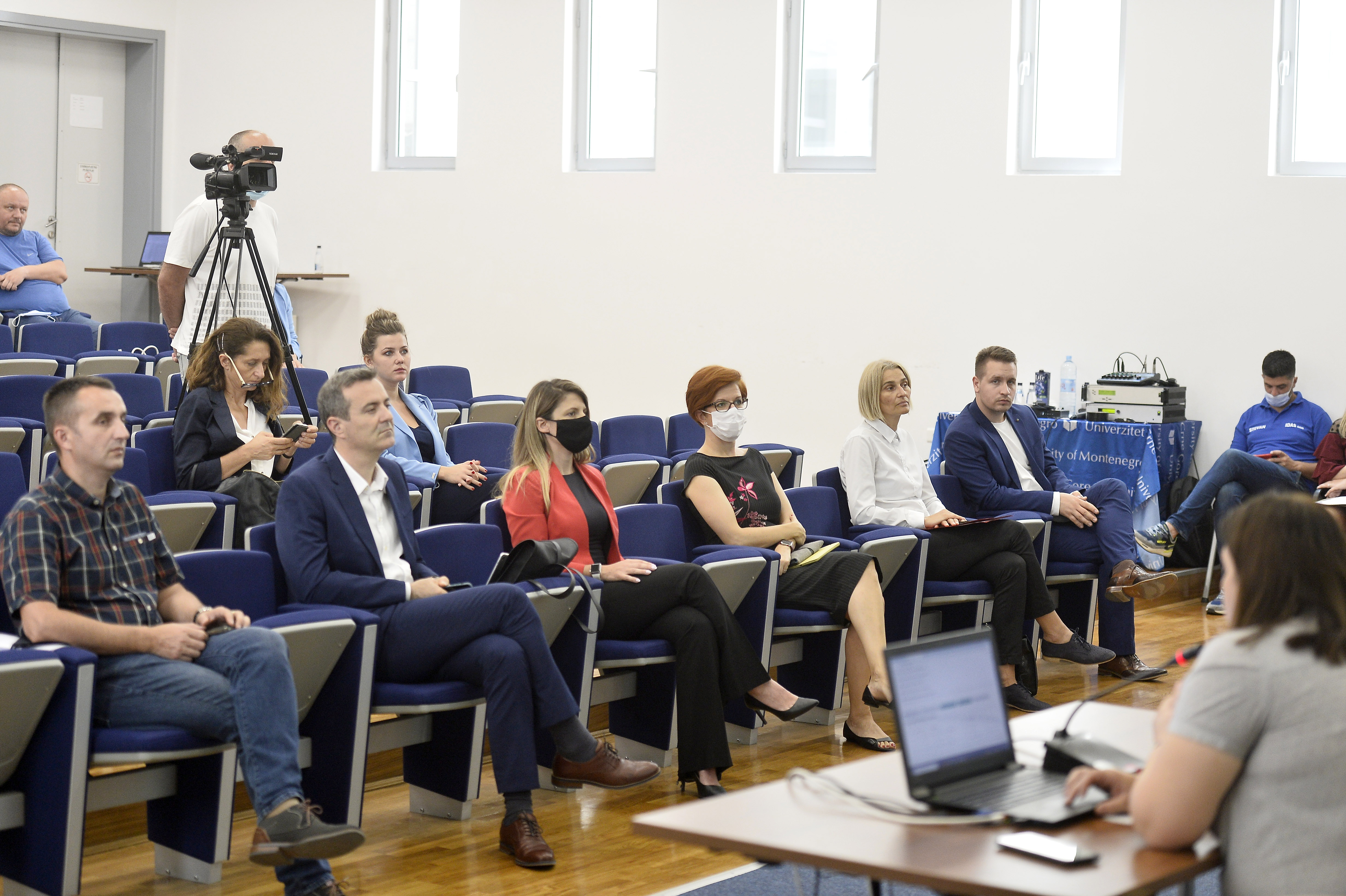Culture as a response to the unjust neglect of women throughout history
June 4, 2022
Podgorica, June 4, 2022 – Culture represents a domain that can offer the fastest and most creative answers to the unjust neglect of women, both in public discourse and in historical interpretations of past events that took place in the territory of today’s Montenegro. This is a message from the event organized on the occasion of the installation of the Dubravka Duda Duletić’s sculptures “My People”.
The sculptures, which were installed in two locations in Podgorica – Argentina Square and above Skaline – steps leading to a medieval fortress, are part of the “Communicating Gender Equality” project, implemented by UNDP in cooperation with the Ministry of Human and Minority Rights and funded by the European Union. By means of scanning the QR code available within the installations, interested visitors will be able to learn about the outstanding women from Montenegrin history, whose emancipatory endeavors have contributed not only to the social context in which they lived and created but also shaped modern society.


The event started with a video address by the Mayor of the Capital City, Ivan Vuković, who commented on the importance of providing media and any other space in order to acknowledge the contribution of Montenegrin women to the struggle for freedom, human rights, the emancipation of society, both in the past and today.
“This is an opportunity to ask ourselves why, despite the huge contribution to improving the quality of the community, women are still underrepresented in the education system, in public discourse or in the collective memory. We have progressed on that path, but we have a lot of work to do to reach the desired goal,“ Vuković said.
The Ambassador of the European Union to Montenegro, Oana Cristina Popa, said that the EU recognizes the transformative power of culture and art.
“Our common goal must be a gender-equal world. We need a world in which women and men, girls and boys, each in their own diversity, are free to follow their own life paths, and to have equal opportunities to progress. Societies in which women are equal are stronger, not because women are better, but because we need both women and men for a fully-rounded society,“ Popa said.
UNDP Resident Representative for Montenegro, Daniela Gašparikova, stressed that gender equality is not only a fundamental human right but also a driver of sustainable development.
“Today, we see only a fraction of the incredible female heritage and their contribution to the development of Montenegro. These women, just like other women around the world, were pioneers in the emancipation of their communities and paved the way for the realization of human rights for today's generation. By respecting and remembering women from the past, we encourage progressive women today, and strengthening their ability to emancipate their communities leads us to an equal future“, Gašparikova said.
As part of the “Women of Montenegro – Yesterday, Today and Tomorrow“ event, an art panel was held during which the author of the sculptures, Dubravka Duletić, film director Senad Šahmanović and visual artist and designer Tijana Todorović, commented on their own professional and artistic experiences.
They agreed that gender, culture and rights are intertwined in multiple and complex ways. Since culture and tradition define society's collective identity, including typical gender roles and behaviors, as well as media and communication discourse, it was concluded that traditional and social media play an important role in shaping gender roles in society. During the panel, it was emphasized that the particular power of art is in the constant re-examination of established traditional patterns that keep a certain community firmly attached to patriarchal patterns aimed at preserving the “traditional values“ of a society. This is a platform that often leads to stereotypical patterns of behavior with assigned gender roles, most often to the detriment of women. Art, they believe, may not be able to provide direct answers on how to overcome these challenges, but it can certainly re-examine them.

 Locations
Locations













